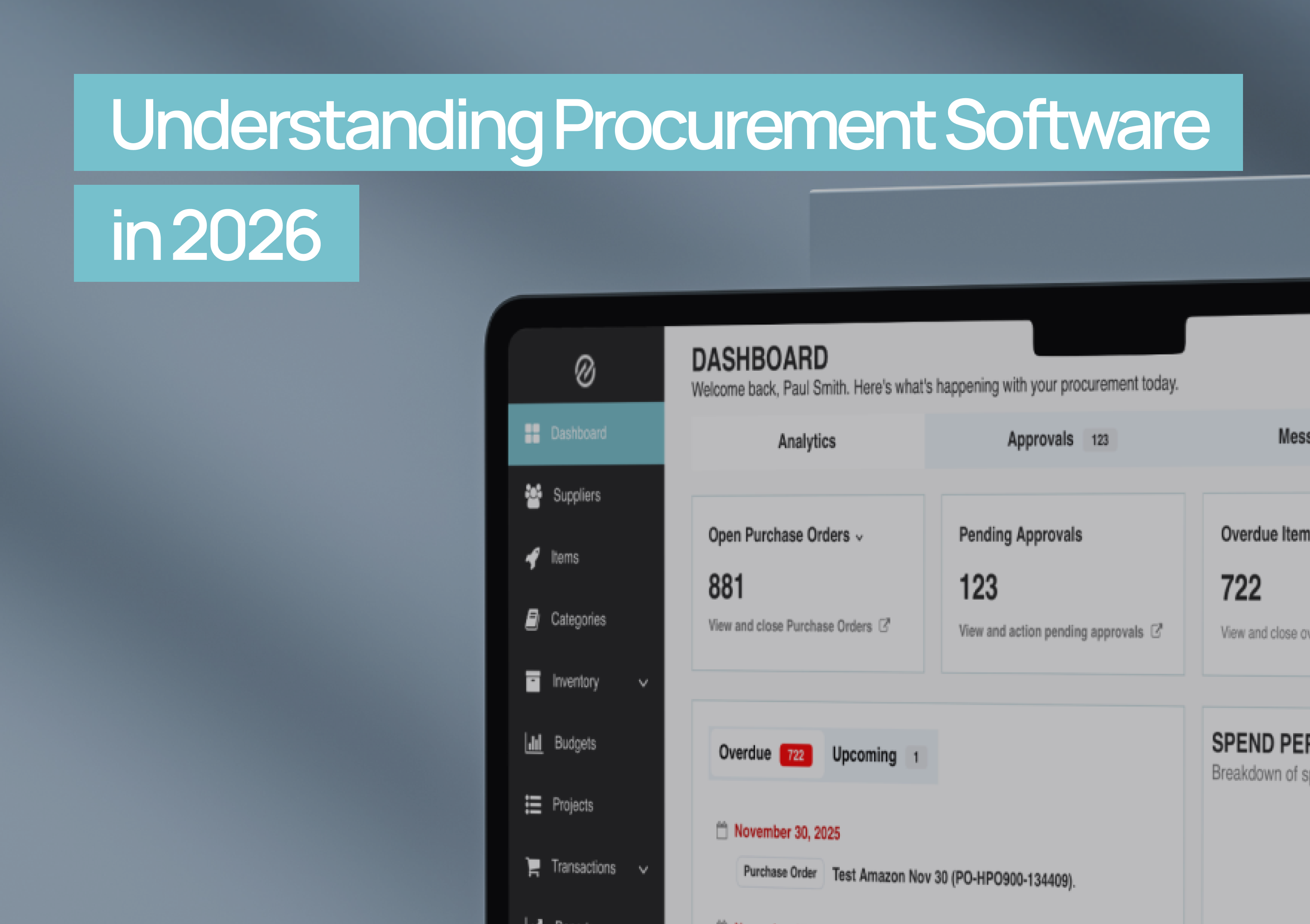Reimbursable expenses are a critical component of managing employee spending, travel, and procurement in any organization. But despite their importance, many companies (especially growing SMEs) struggle with defining what qualifies, how to manage reimbursements, and how to stay compliant.
In this short yet comprehensive guide, we’ll explore what reimbursable expenses are, why they matter, how to manage them efficiently in 2025, and what Canadian businesses need to watch for when setting up expense policies.
What Are Reimbursable Expenses?
Examples of Reimbursable Expenses:
- Business travel (flights, hotels, transportation)
- Meals and entertainment during business meetings
- Office supplies or materials purchased during work travel
- Client-related cost
- Temporary software subscriptions for project use
These costs must be business-related, reasonable, documented, and approved—to qualify for reimbursement under Canadian tax and accounting regulations.
Why Managing Reimbursable Expenses Matters (Especially in Canada)
Properly managing reimbursable expenses is essential for:
- Financial control and forecasting
- Ensuring tax compliance with CRA
- Avoiding duplicate or unauthorized spend
- Keeping employees satisfied and confident in company processes
In Canada, businesses must ensure that reimbursed expenses are categorized accurately to avoid CRA audits or tax issues. Additionally, expense reporting must follow GST/HST tracking when applicable.
5 Steps to Managing Reimbursable Expenses Effectively in 2025
Whether you're running a tech startup in Toronto or a construction company in Calgary, here’s how to streamline expense reimbursements this year:
1. Create a Clear Expense Reimbursement Policy
Outline:
- What types of expenses qualify
- Spending limits per category
- Deadlines for submissions
- Required documentation (receipts, itineraries, etc.)
Pro Tip: Use plain language. Include real examples relevant to your industry.
2. Digitize Expense Reporting
Use a digital system or procurement software to let employees upload receipts, assign cost codes, and track approvals. This eliminates manual errors and speeds up reimbursements.
Tools like Tradogram allow companies to centralize purchase requests and track reimbursable costs directly in your procurement workflows.
3. Set Pre-Approval Protocols
Require pre-approval for high-cost items like flights, hotel stays, or large purchases. This adds a layer of control while ensuring employee expectations are clear.
4. Integrate With Accounting Systems
Ensure all reimbursable expenses sync with your accounting software for real-time visibility, accurate tax tracking, and smooth audits.
5. Train Employees and Managers
Everyone involved should understand the policy. Host quick training sessions or share a PDF cheat sheet to reduce confusion and unnecessary reimbursement requests.
How Tradogram Simplifies Reimbursable Expense Tracking
If your organization is looking to streamline expense management—especially reimbursable expenses tied to procurement workflows—Tradogram can help.
Our procurement platform offers:
- Purchase request and approval flows
- Receipt capture and document storage
- Expense category tracking and reporting
- Integration with AP and accounting systems
Whether your employees are on the road, in the office, or working remotely, Tradogram ensures that reimbursable expenses are easy to submit, approve, and analyze.
Final Thoughts: Stay Ahead of Expense Chaos
As remote work, client visits, and global collaboration continue to rise in 2025, managing reimbursable expenses effectively is more important than ever. A proactive, policy-driven, and automated approach helps your organization stay compliant, agile, and employee-friendly.
For more resources on expense control, procurement best practices, and digital transformation—check out our blog or book a demo with our team.
.png)

.png)
.png)
.png)


.webp)
.png)
.png)









